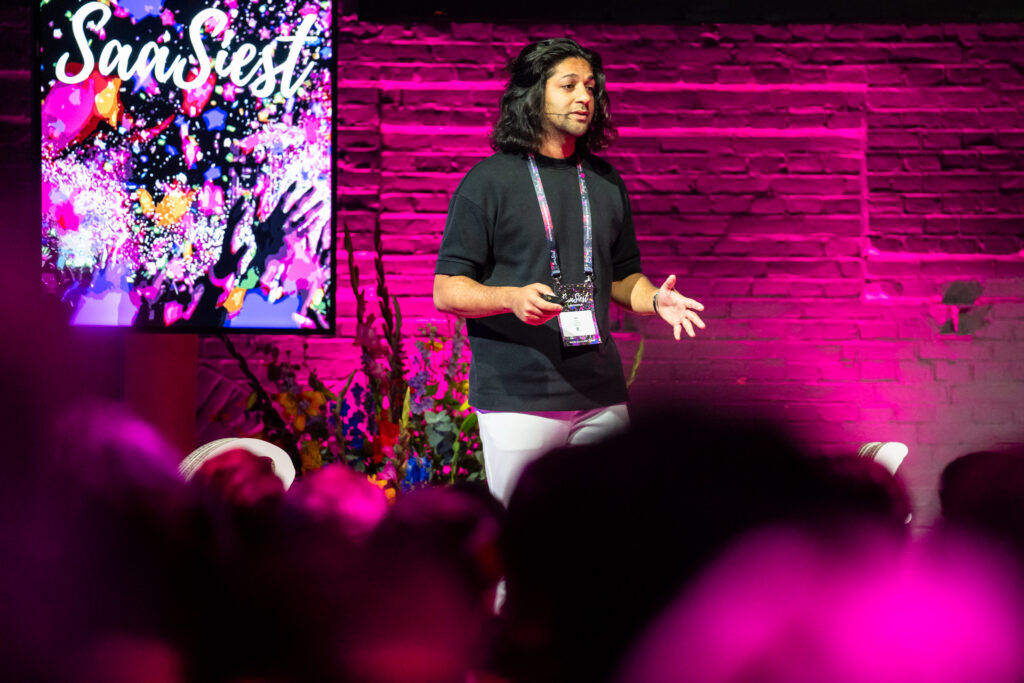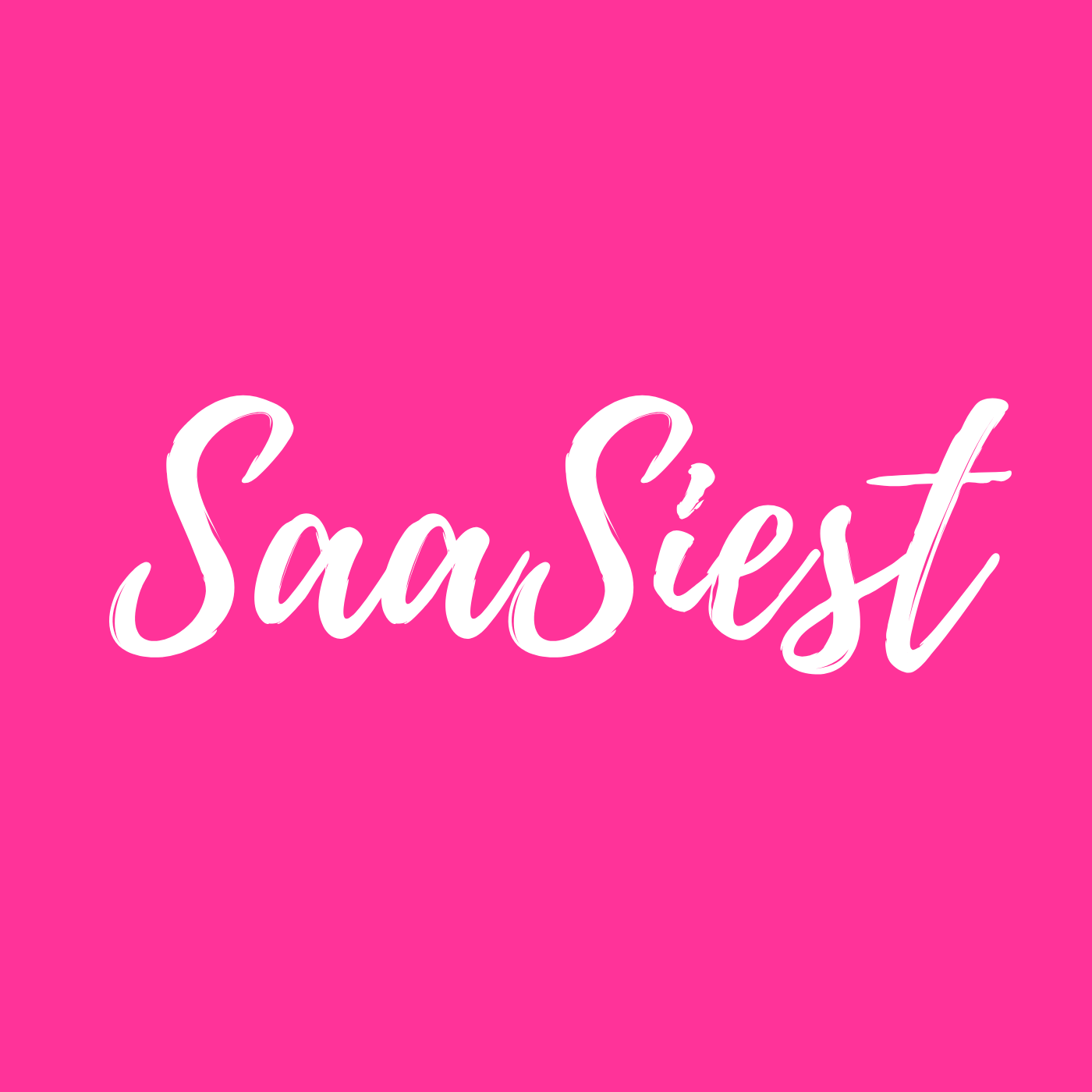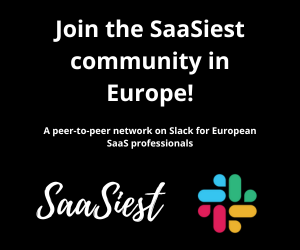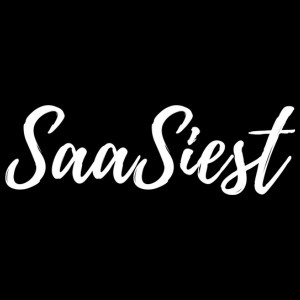
Scaling a business is rarely a straight path. For startups, the ability to adapt often determines whether they thrive or stall. Sabi Tolou, Co-founder and CCO of Sendcloud, shared his insights during his session at SaaSiest, exploring how adaptability in people, culture, and strategy is the cornerstone of sustainable growth.
In this article, we’ll unpack what it takes to scale a business successfully through the unpredictable stages of growth.
Adaptability as a growth engine
What sets a company on the path to $100M ARR versus getting stuck at $1M? According to Sabi, the secret isn’t just a flawless strategy – it’s the willingness to evolve. Referencing success stories like Netflix and Apple, he explained how these companies transformed industries by embracing change and staying agile.
For Sendcloud, adaptability was central to its origin story. Initially created to streamline shipping for their own e-commerce store, the team quickly identified a broader market need. This insight led them to pivot from a small, self-serving solution to a scalable platform now used by businesses worldwide. Recognizing when to change course, and having the courage to do so became their first major growth milestone.
Adapting through people
As a business scales, its approach to hiring and team building must evolve. Sabi highlighted three distinct phases in people strategy, each with unique priorities:
- Start-up phase: Early-stage businesses need entrepreneurial individuals who thrive on ambiguity and creativity. The focus isn’t necessarily on experience but on passion and motivation.
“In the beginning, it’s less about experience and more about the drive to get things started,” Sabi explained.
- Scale-up phase: Growth requires specialists who can bring structure and scalability to the organization. However, transitioning from a generalist team to a specialized one often involves tough decisions, like letting go of employees who were instrumental in the startup phase.
“The person who was a star at building the product may not be the one to lead a team of 50 engineers,” Sabi noted.
- Enterprise phase: At this stage, attracting top-tier talent becomes crucial. Leadership must ensure alignment between hires and the company’s vision while avoiding overly bureaucratic hiring processes.
Shaping culture for growth
Culture, according to Sabi, is the glue that holds a company together, but it must evolve as the business scales. In a startup’s early days, culture is informal, built through close, personal connections. As the organization grows, codifying values becomes essential to maintain alignment and prevent chaos.
For Sendcloud, this meant formalizing core values like “no bullshit,” “grow and win,” and “have fun.” These principles served as a decision-making compass and set the tone for how teams worked together.
But culture isn’t static. Sabi emphasized the importance of continually refining operational principles to adapt to new challenges. For example, prioritizing long-term growth over short-term profitability became a guiding light during critical decision-making moments.
Strategy: evolving through the stages of growth
Business strategy, much like people and culture, must adapt to different phases of growth.
- Start-up phase: Early on, the focus is on experimentation and addressing specific customer problems, even if the solutions don’t scale immediately.
“In the beginning, we built custom features for individual customers. Those one-off requests revealed larger market needs,” Sabi shared.
- Scale-up phase: Processes and systems become necessary to handle growth, but they must remain agile. While Sabi confessed to initially resisting processes, he acknowledged their value in bringing clarity and efficiency to an expanding team.
“Not all processes are evil, but it’s crucial to avoid over-complication,” he said.
- Enterprise phase: At this level, businesses need structured long-term planning. Sendcloud introduced three-year plans, annual budgets, and quarterly OKRs to create an organizational rhythm. Sabi referred to this rhythm as the company’s “heartbeat,” helping the team stay aligned and focused.
Adaptability as a core competency
Sabi concluded his session with a vital reminder: adaptability isn’t a one-time effort—it’s a mindset that must permeate every level of the organization. Companies that evolve alongside their people, culture, and strategy can navigate challenges and seize opportunities in an ever-changing market.
The takeaway for startups is clear: embrace change, iterate often, and build a foundation that grows with you. Adaptability isn’t just a strategy – it’s the engine of sustainable success.




